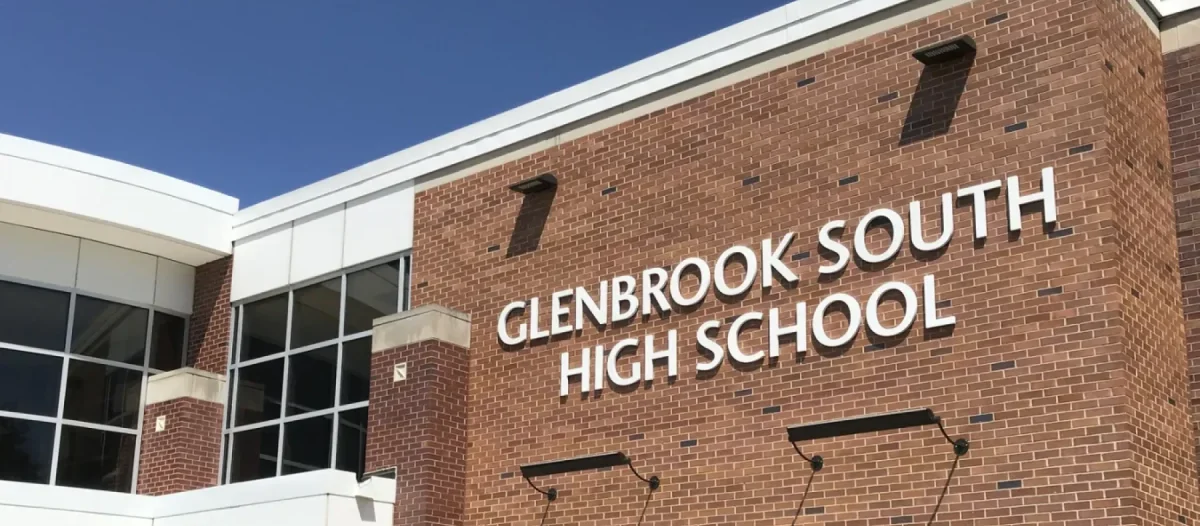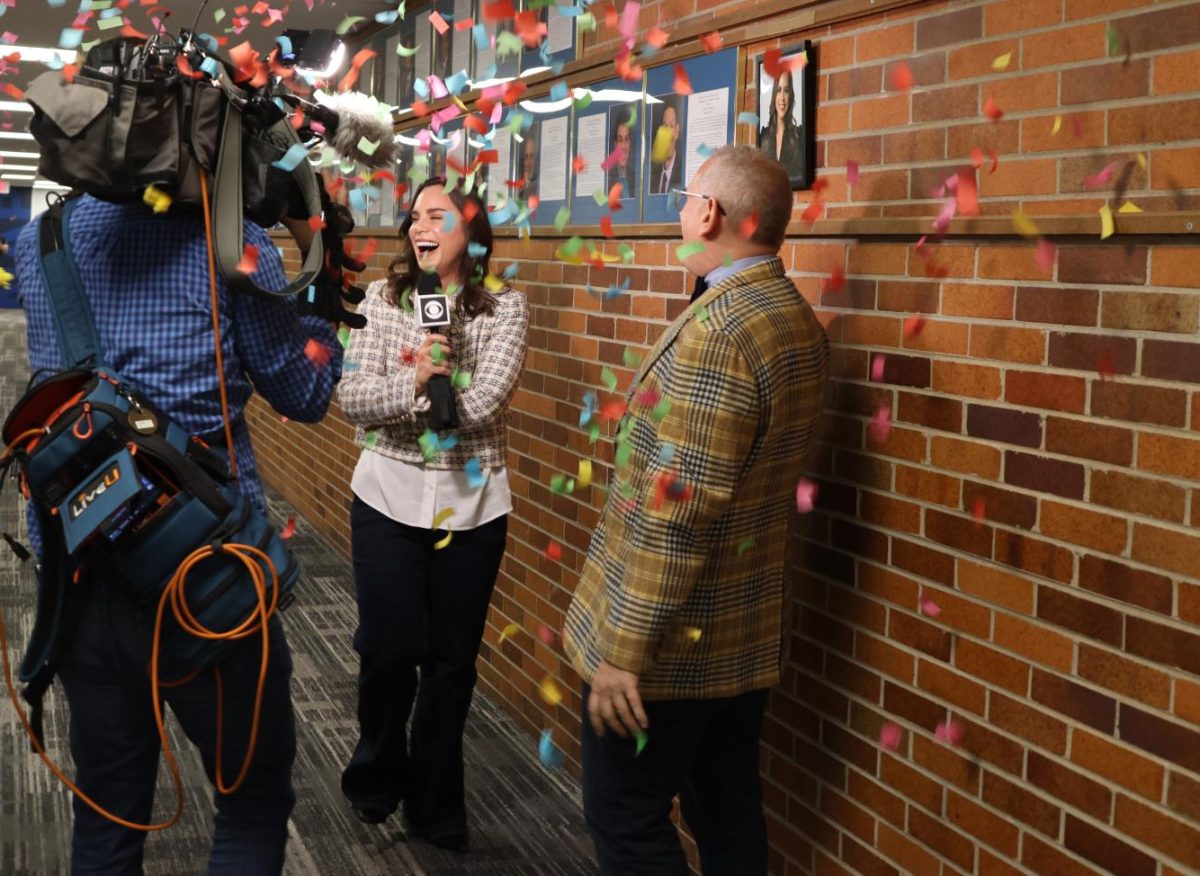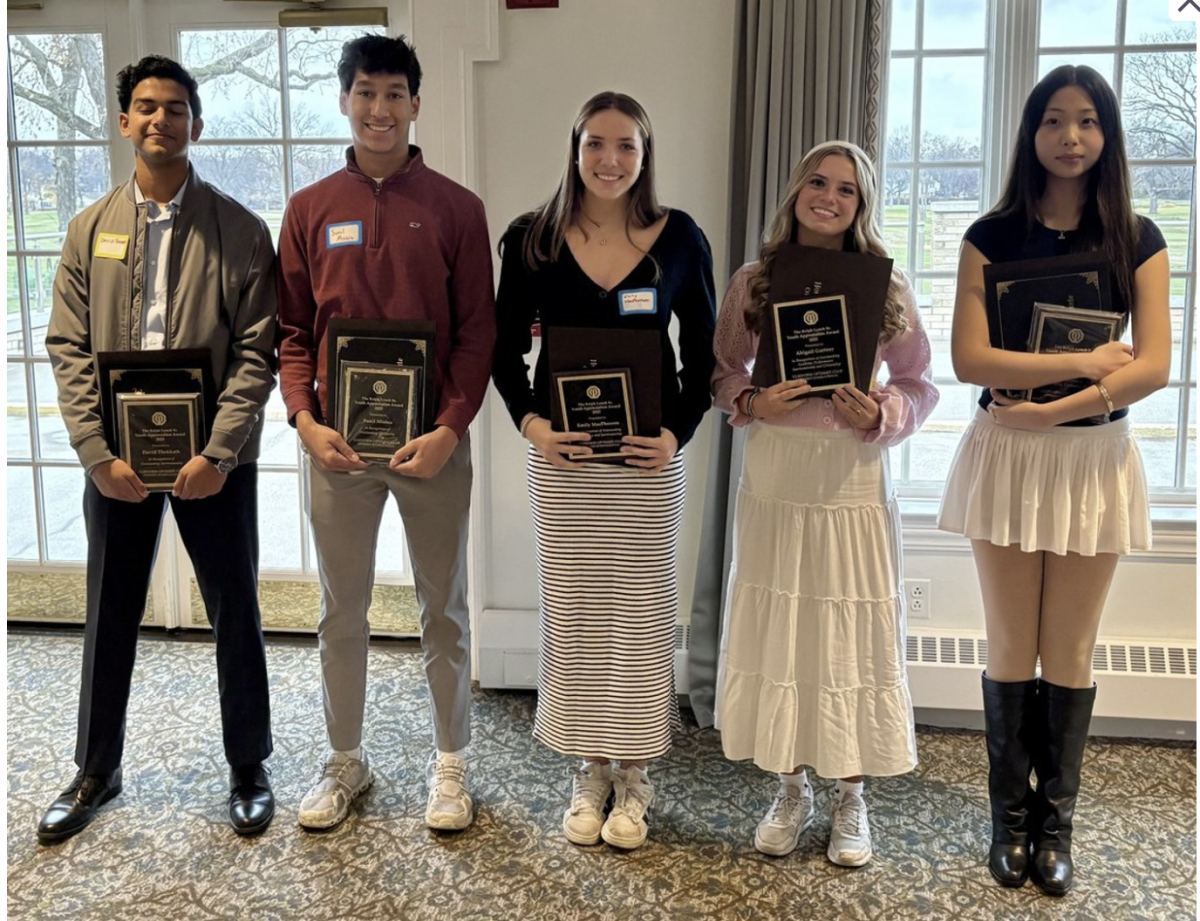In order to improve safety and stop unauthorized parking, new parking lot regulations, including ticketing and towing of cars, were implemented in District 225, Deputy Superintendent RJ Gravel said.
South security is increasing its focus on vehicles without parking permits in the school lots after several years of increased violations, Gravel said. Violations will be addressed in a series of strikes, which will include a warning, a conversation with the Deans, placing a sticker, and finally, towing, he added. “[For the] first offense, we follow our normal rules,” Gravel said. “We’ll have a conversation [with that student]. Second offense, we have that conversation again. Finally on the third offense, we will place a sticker on their window.”
The stickers serves as a final warning of violation, Gravel said. If a violator has to have multiple conversations with security officers, and deans, and they have already recieved a sticker, the last strike will lead to towing, Gravel said.
Gene’s Towing Company, located in Wheeling, Il., is the towing company decided on by the district. Once a car is towed, the car’s owner will be responsible for re-obtaining the car and towing fees charged by the company, Gravel said.
There were several reasons for this year’s regulations, which were revised by the School Board in August, Gravel said. Among them were a higher demand for permits than could be supplied, an increase of sophomore students eligible to drive, and a lack of spots available at other off-campus lots.
The enforcers of these regulations are the District’s security team, who can be seen every morning guiding cars around the campus lots and checking the parked cars for permits, Daniel Gorski, Assistant Safety and Security Manager, said. The team regulates both student and staff parking, he explained.
“Our staff will identify the problem,” Gorski said. “From there it goes to the Dean’s [Office].”
Thus far, the parking regulations have been successful, Gravel said.
“We have been fortunate,” Gravel said. “There have been very minimal conversations had [among students].”








